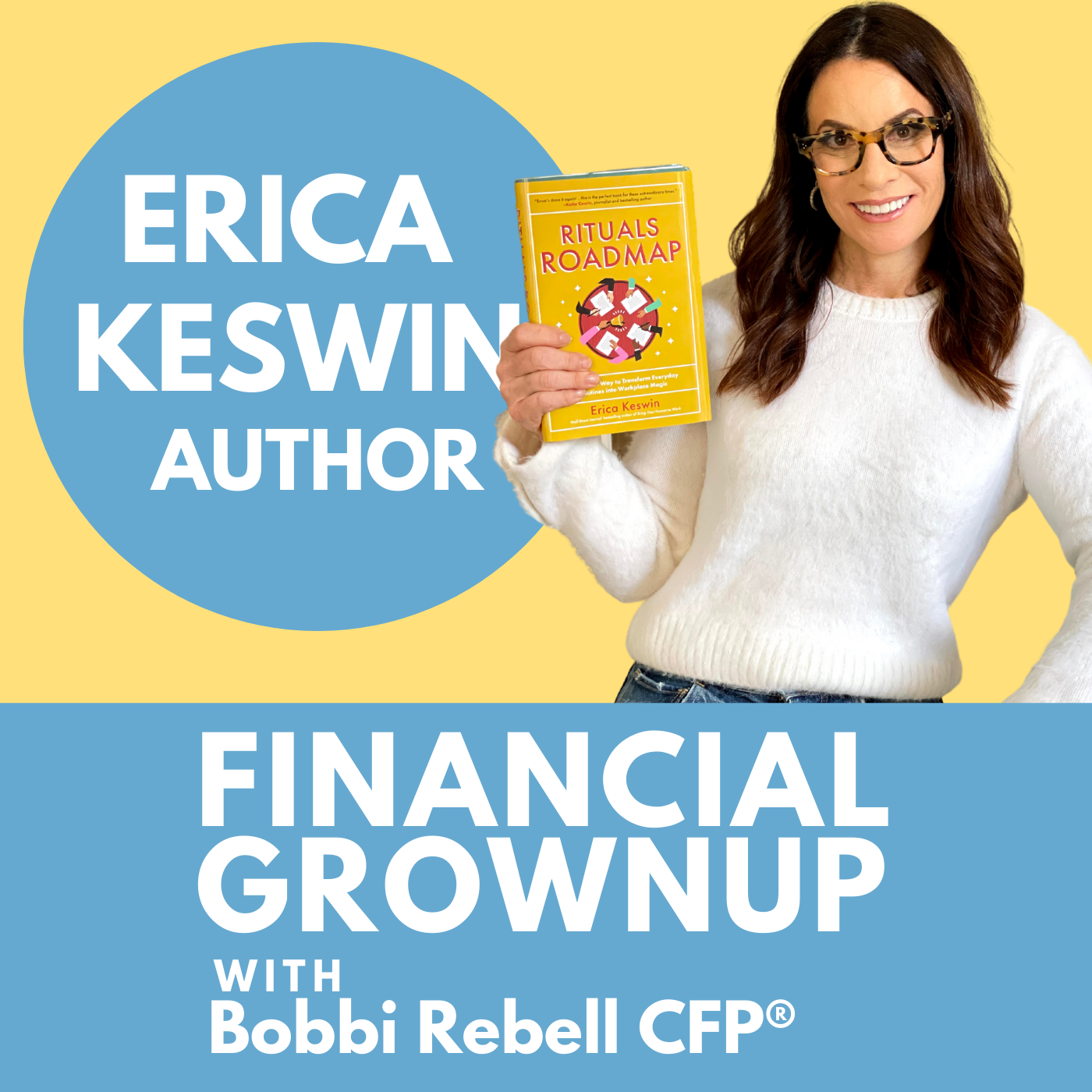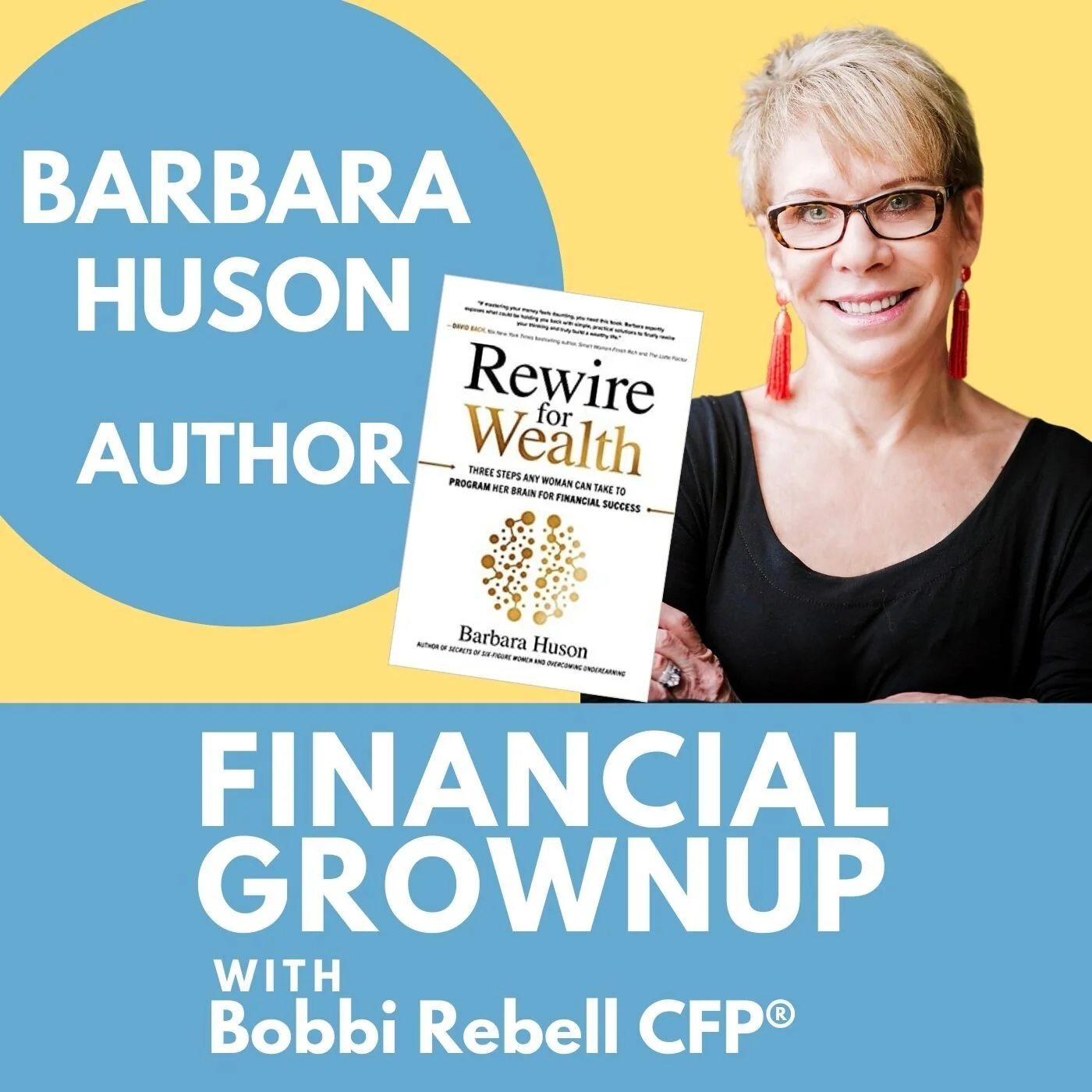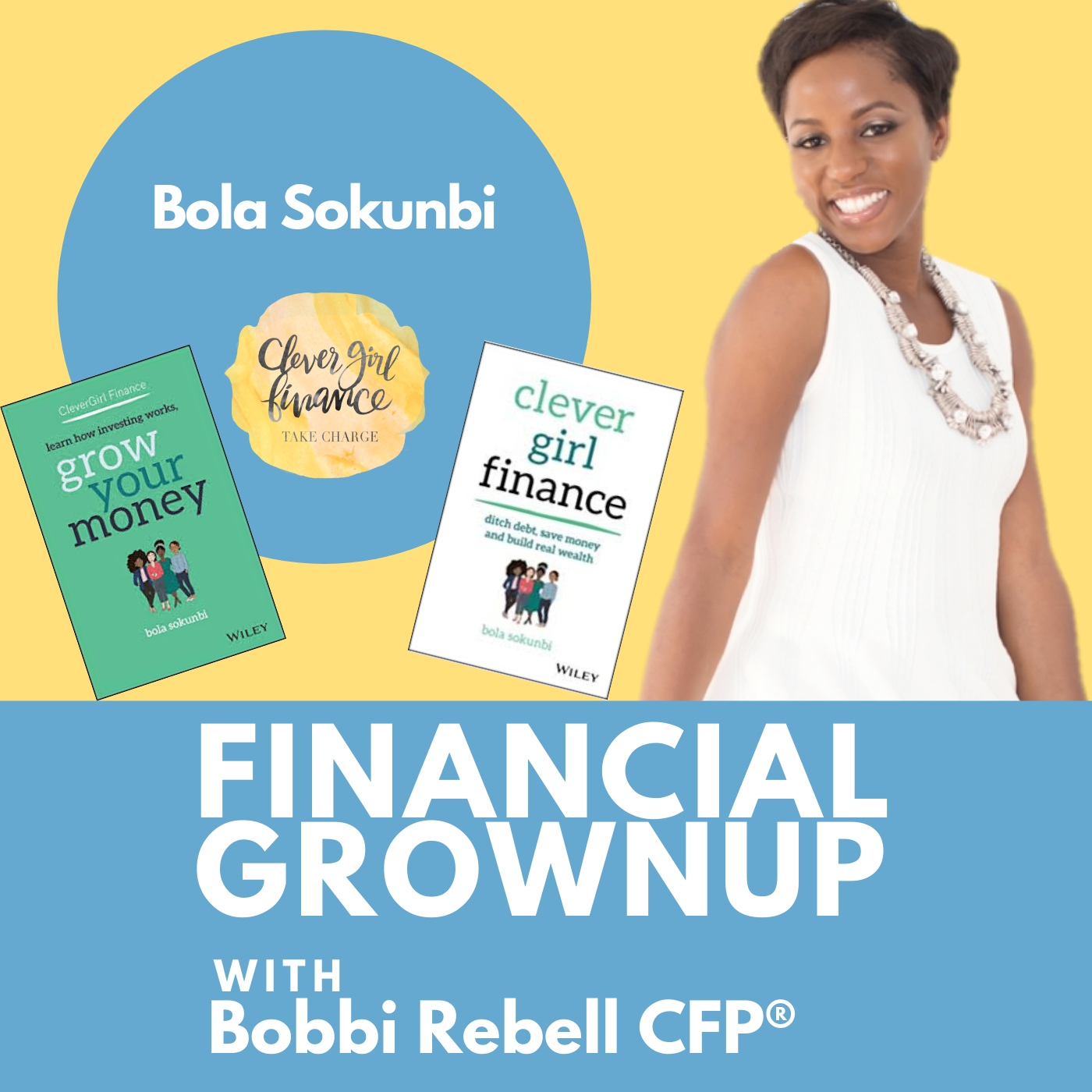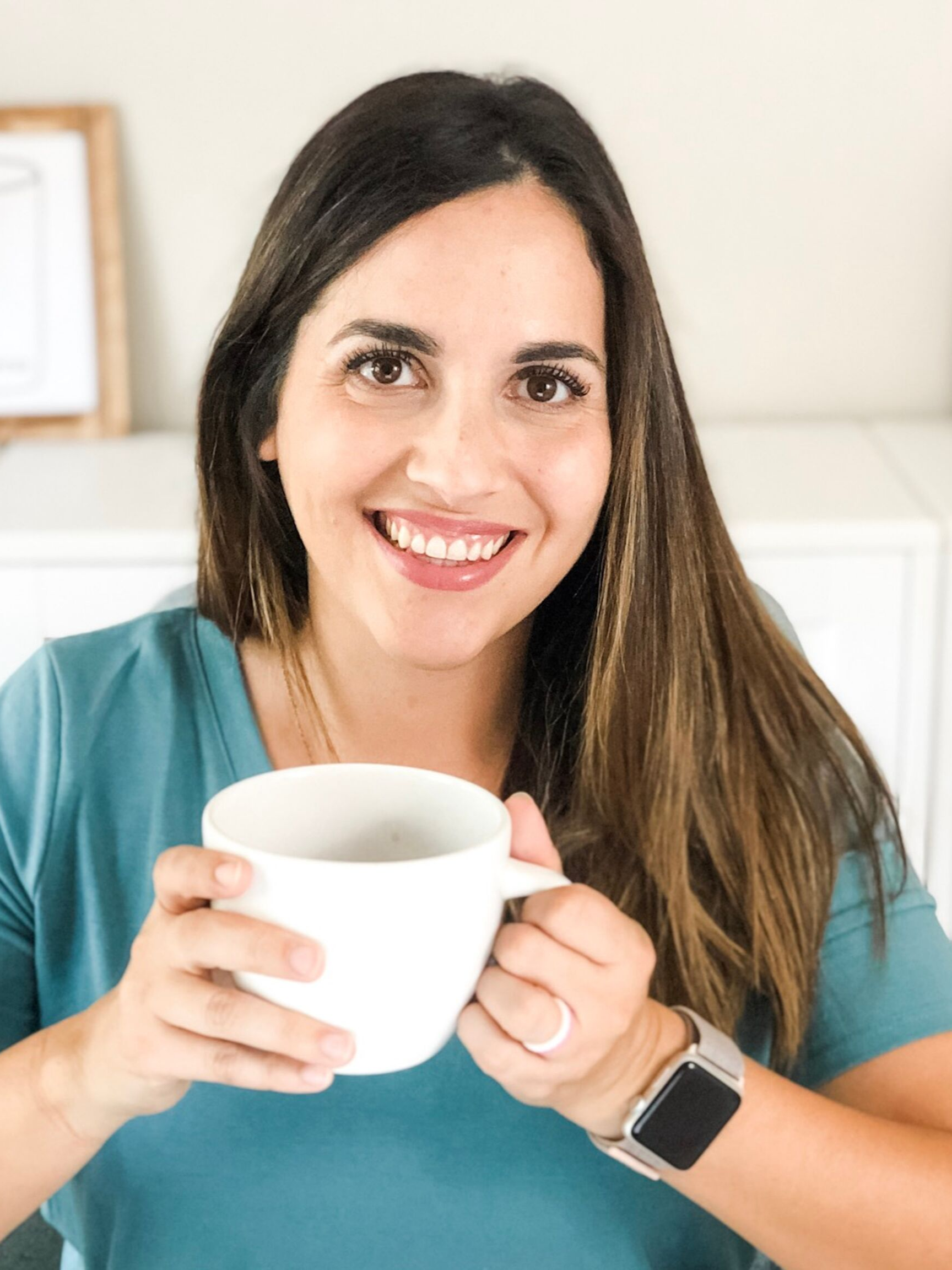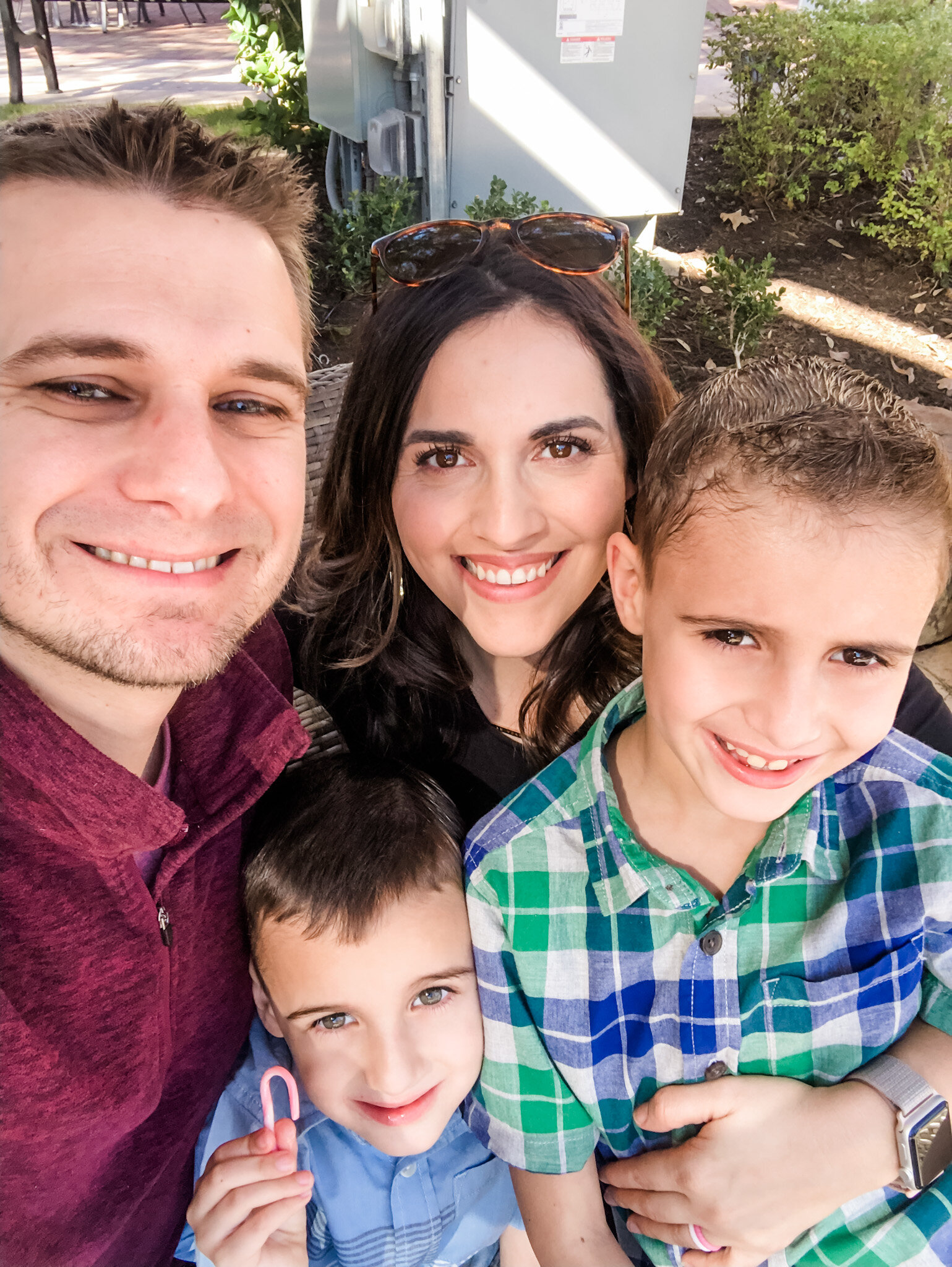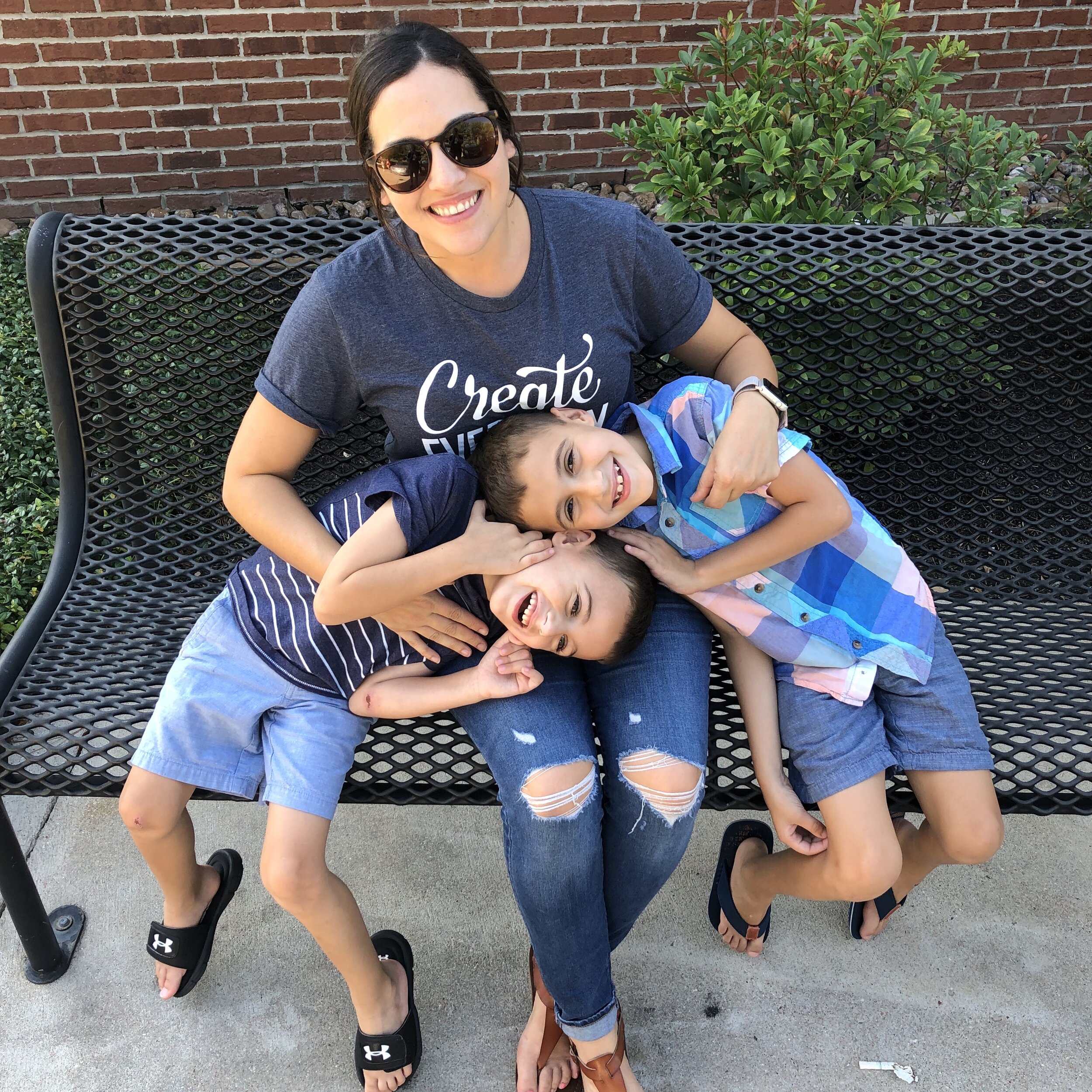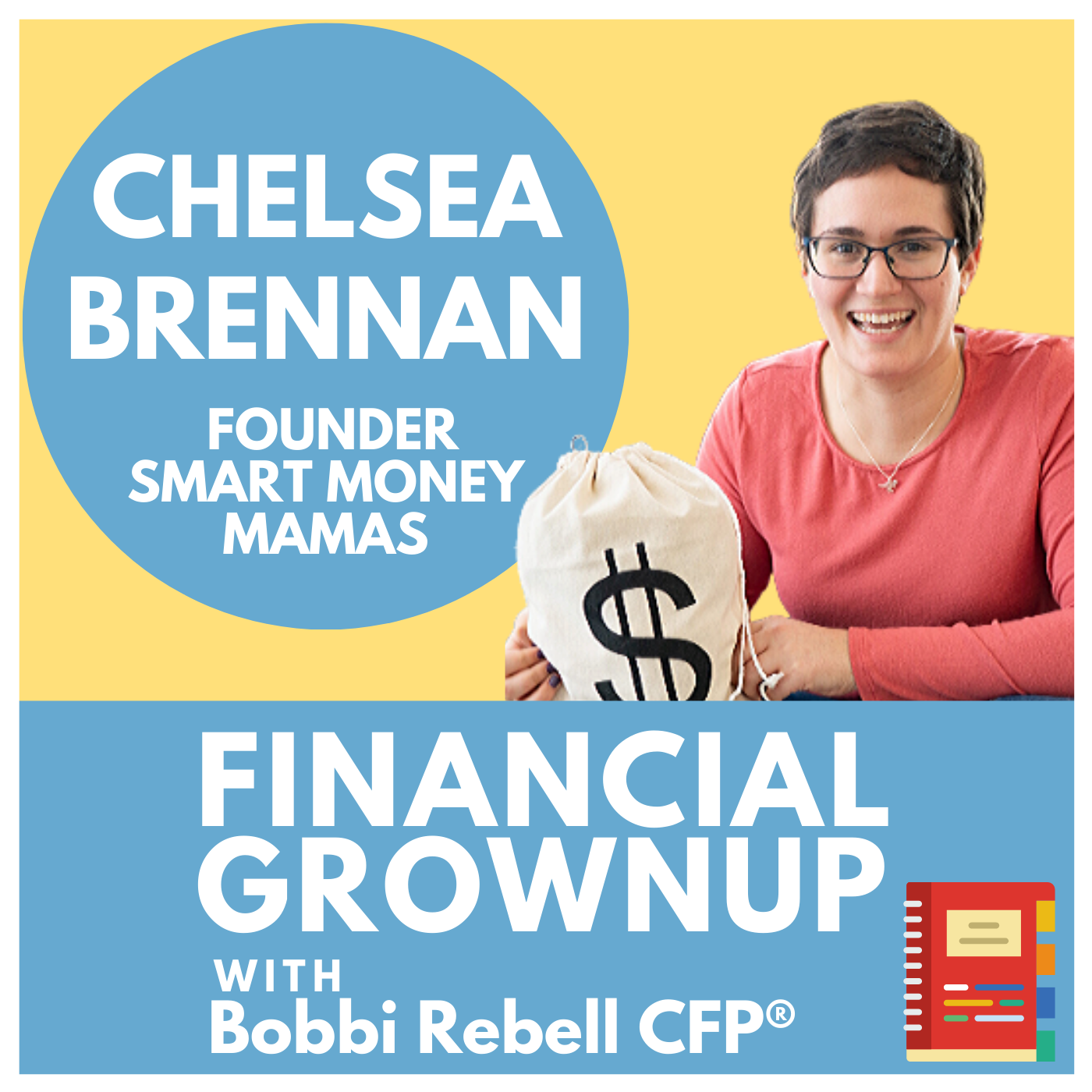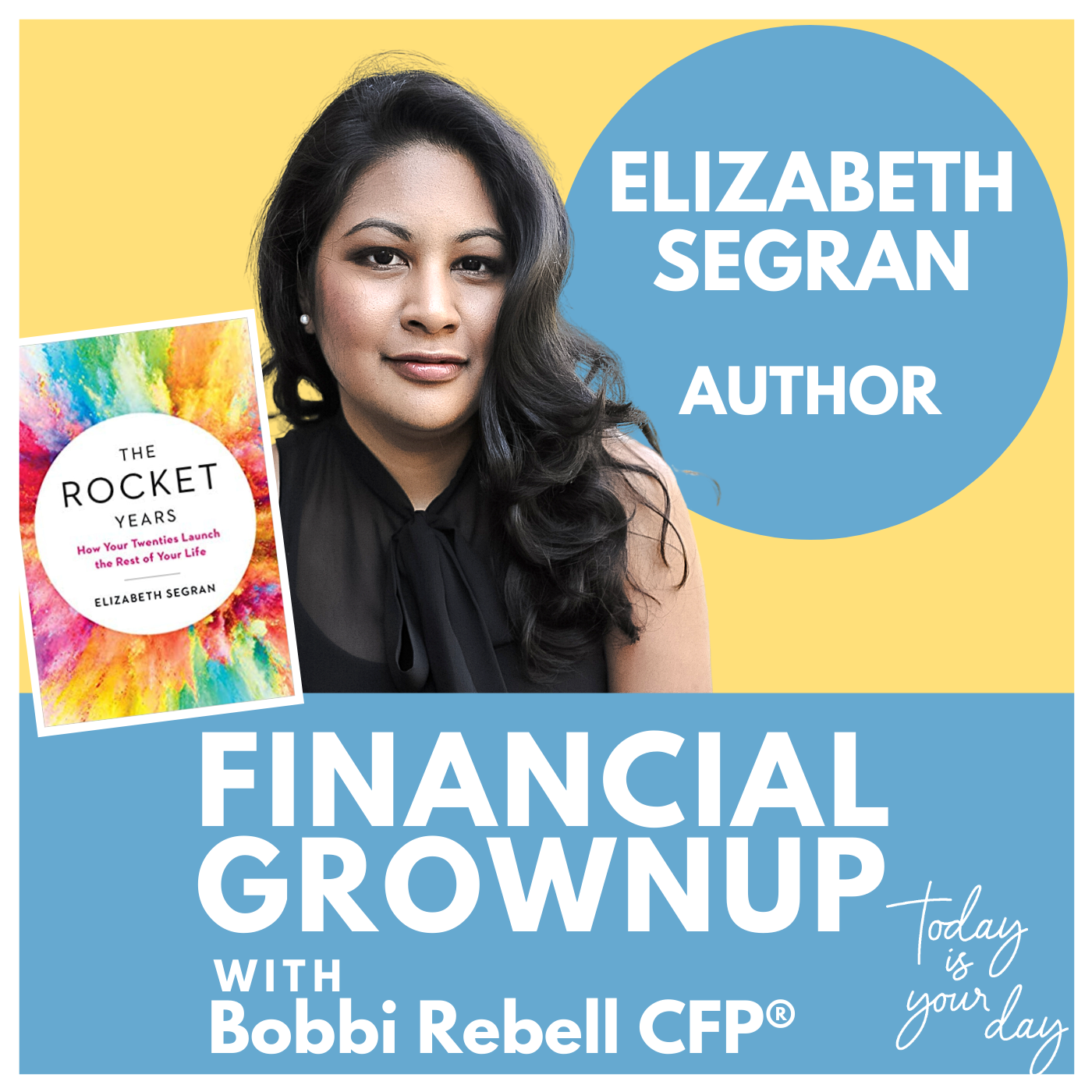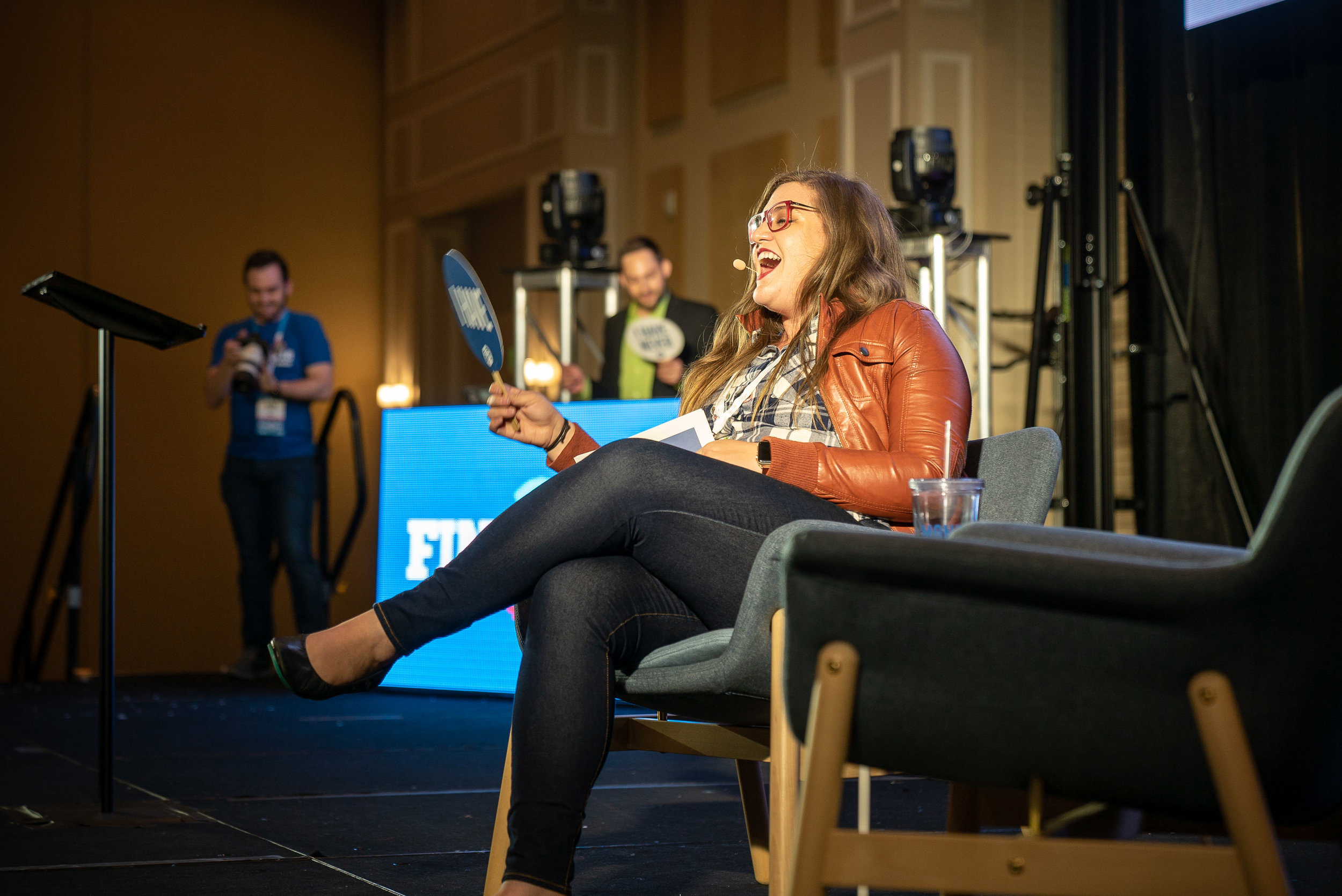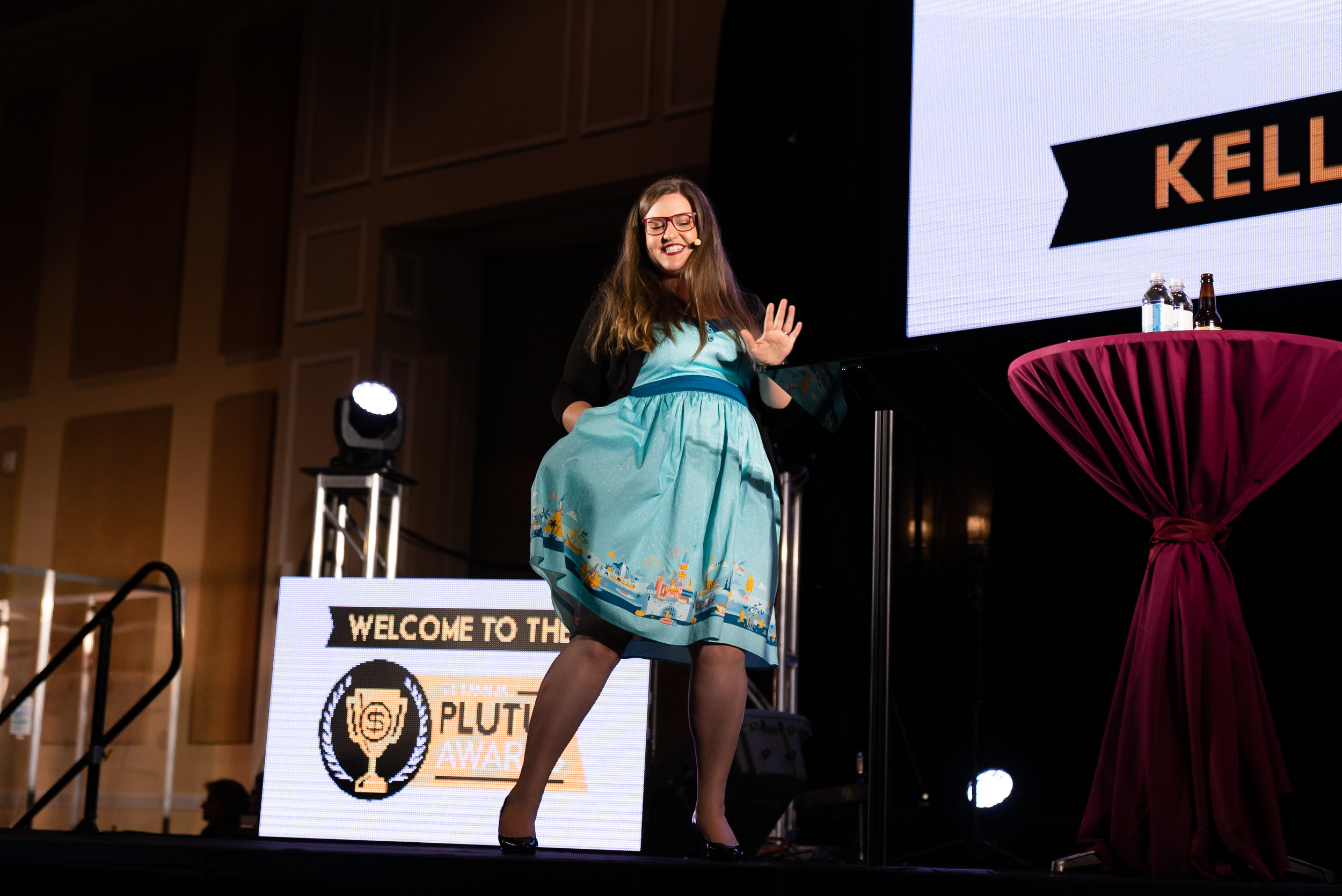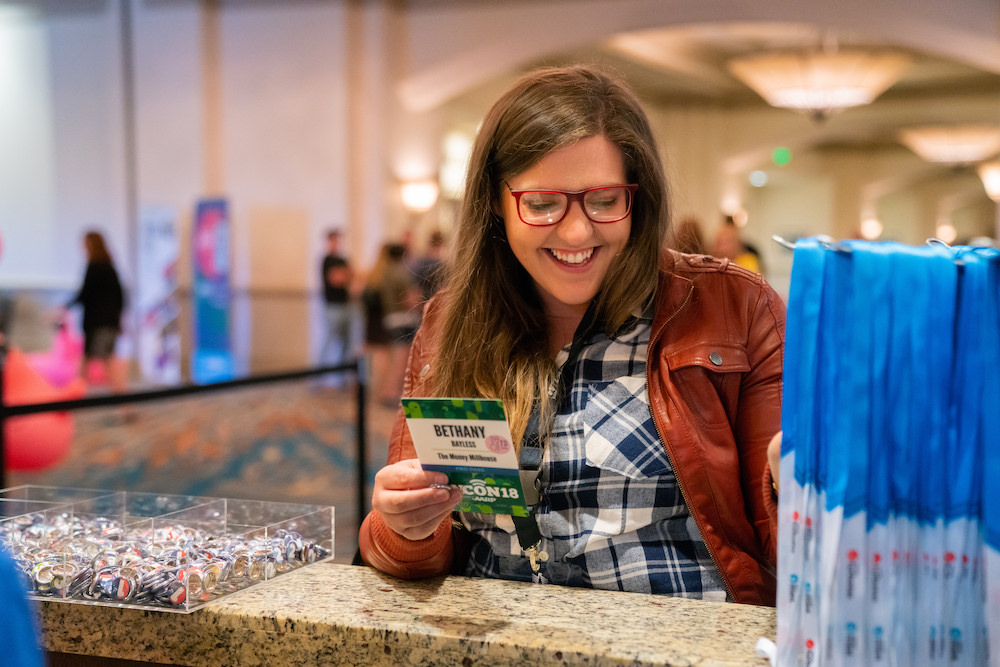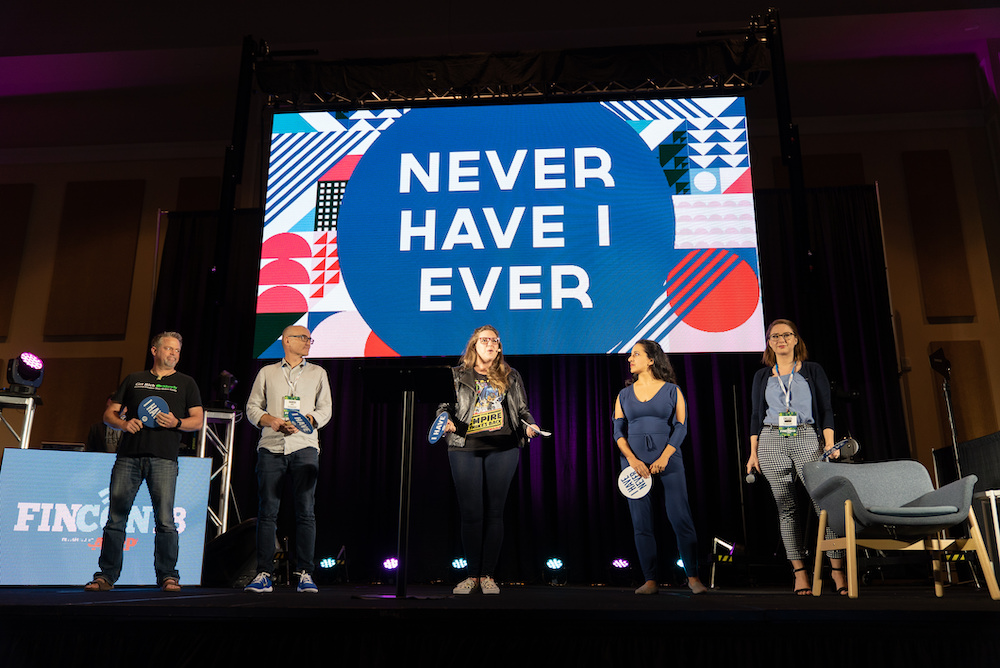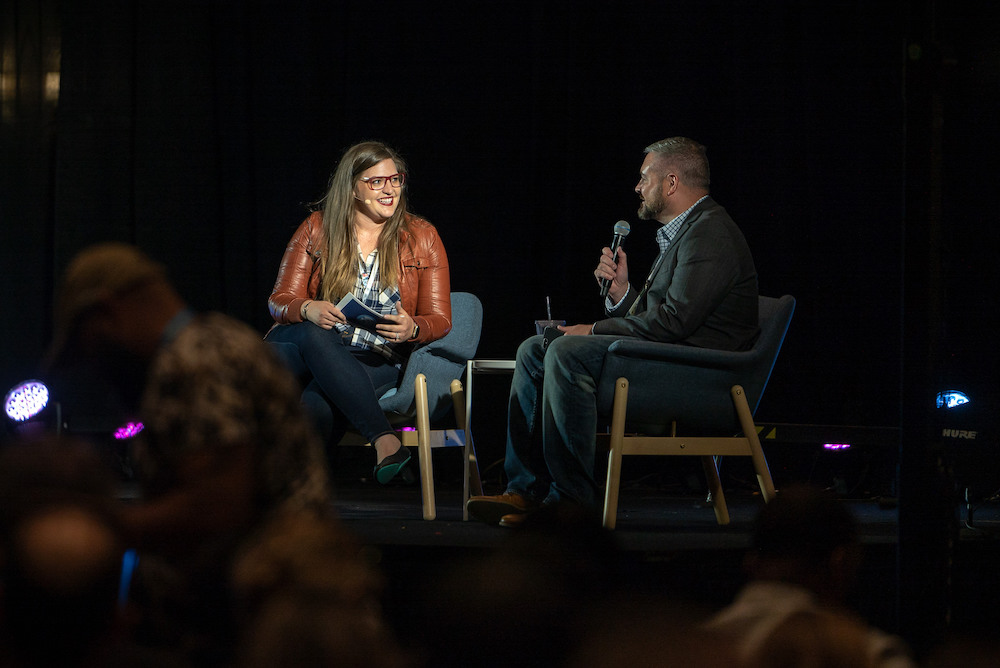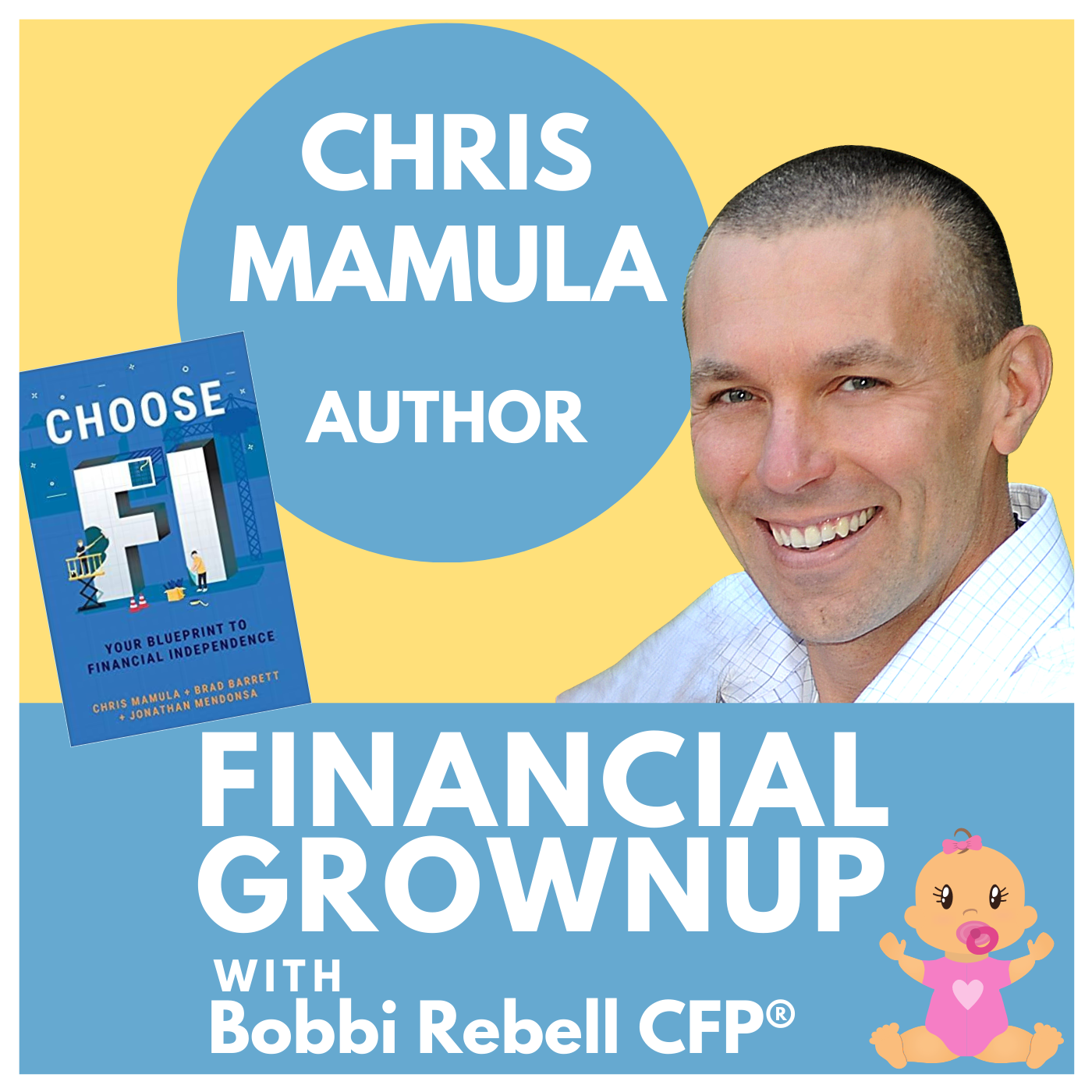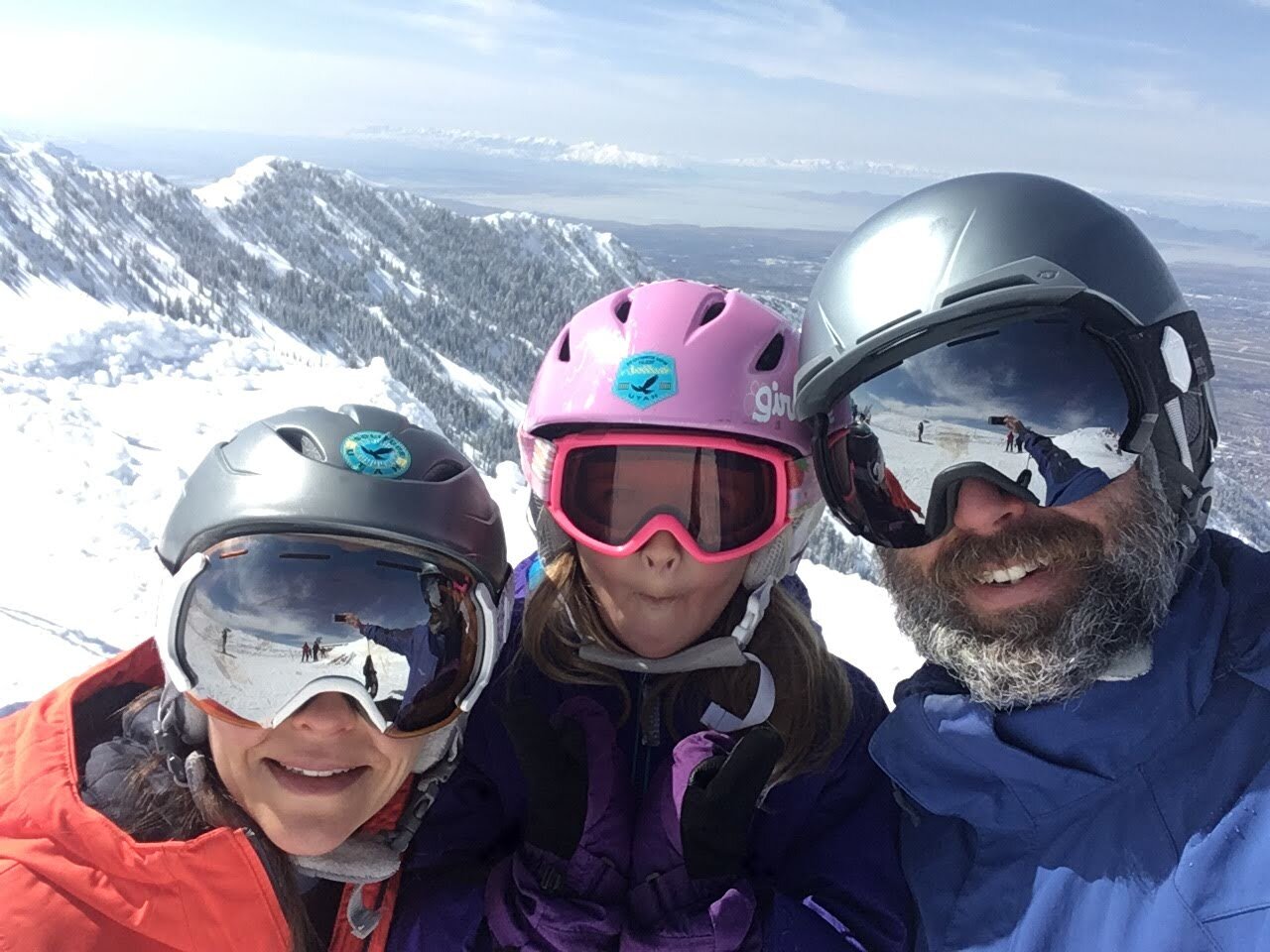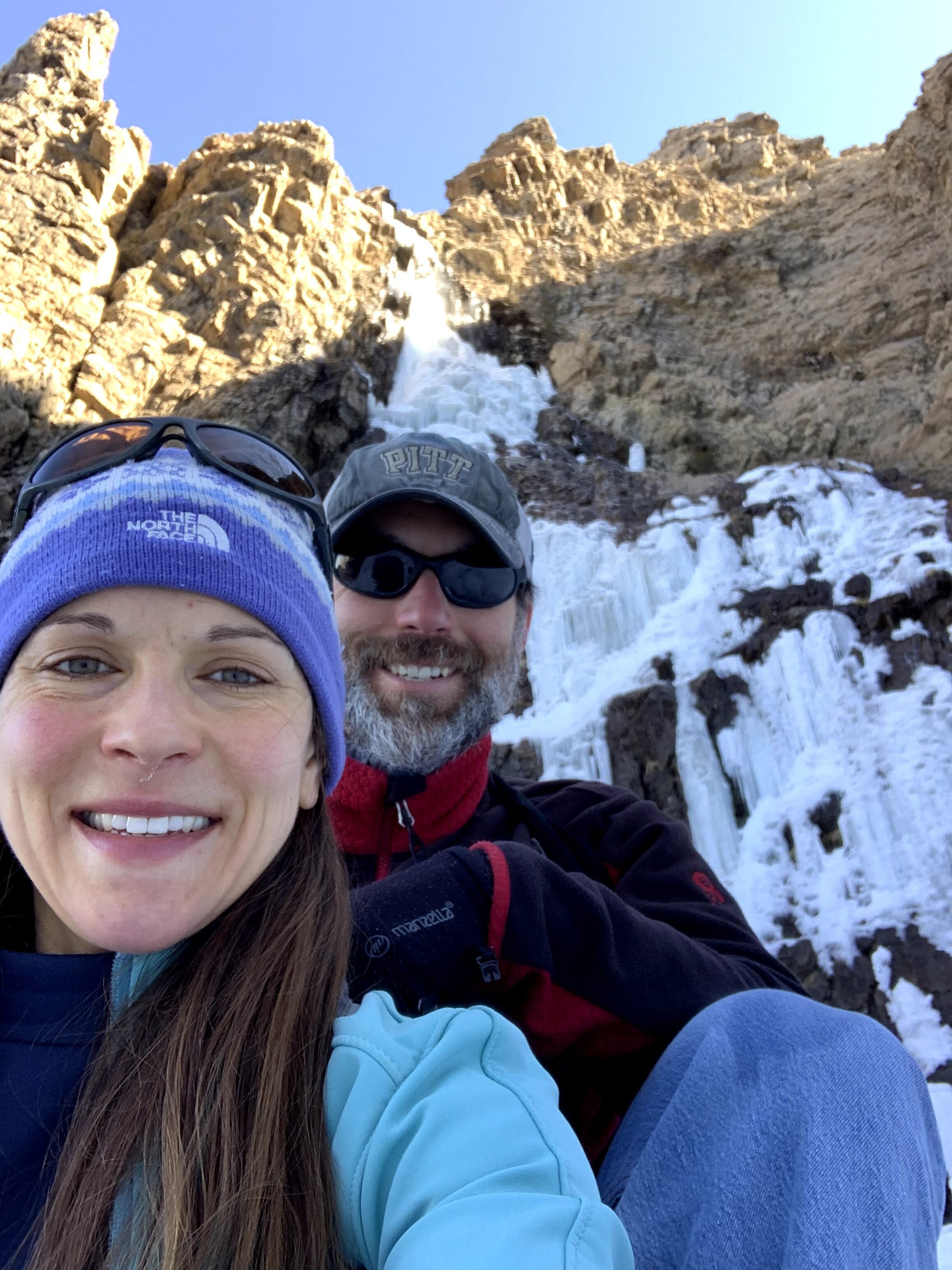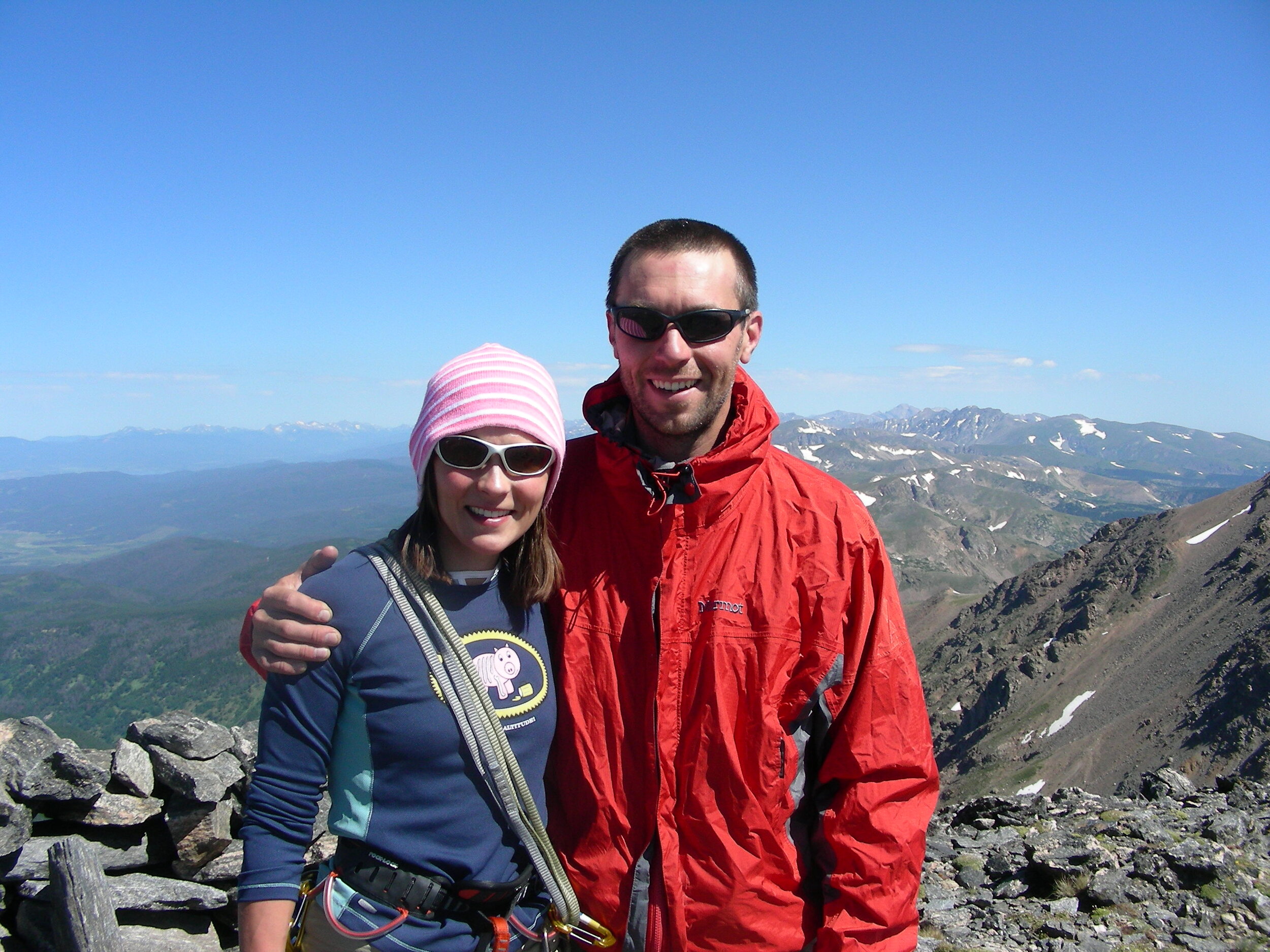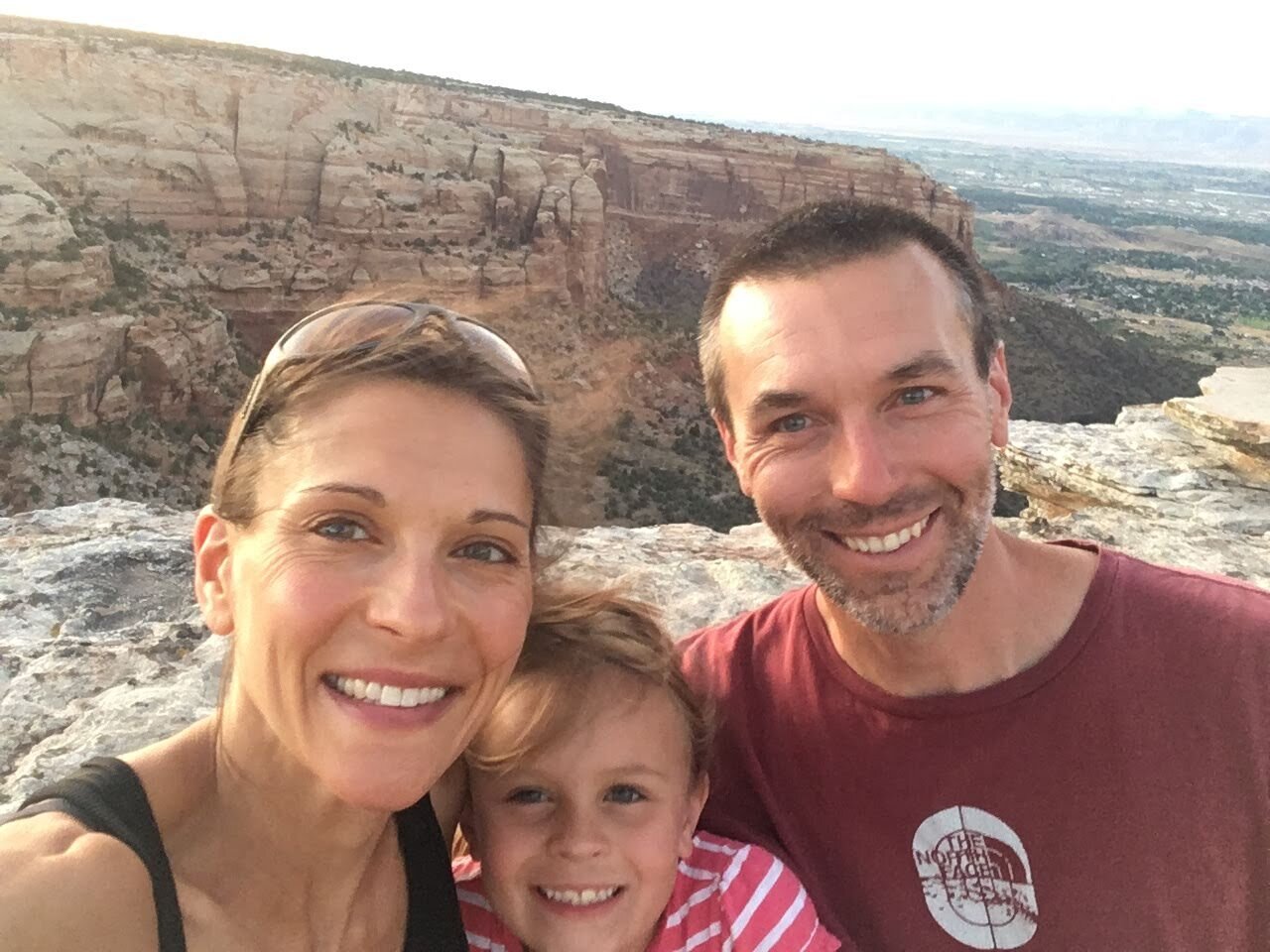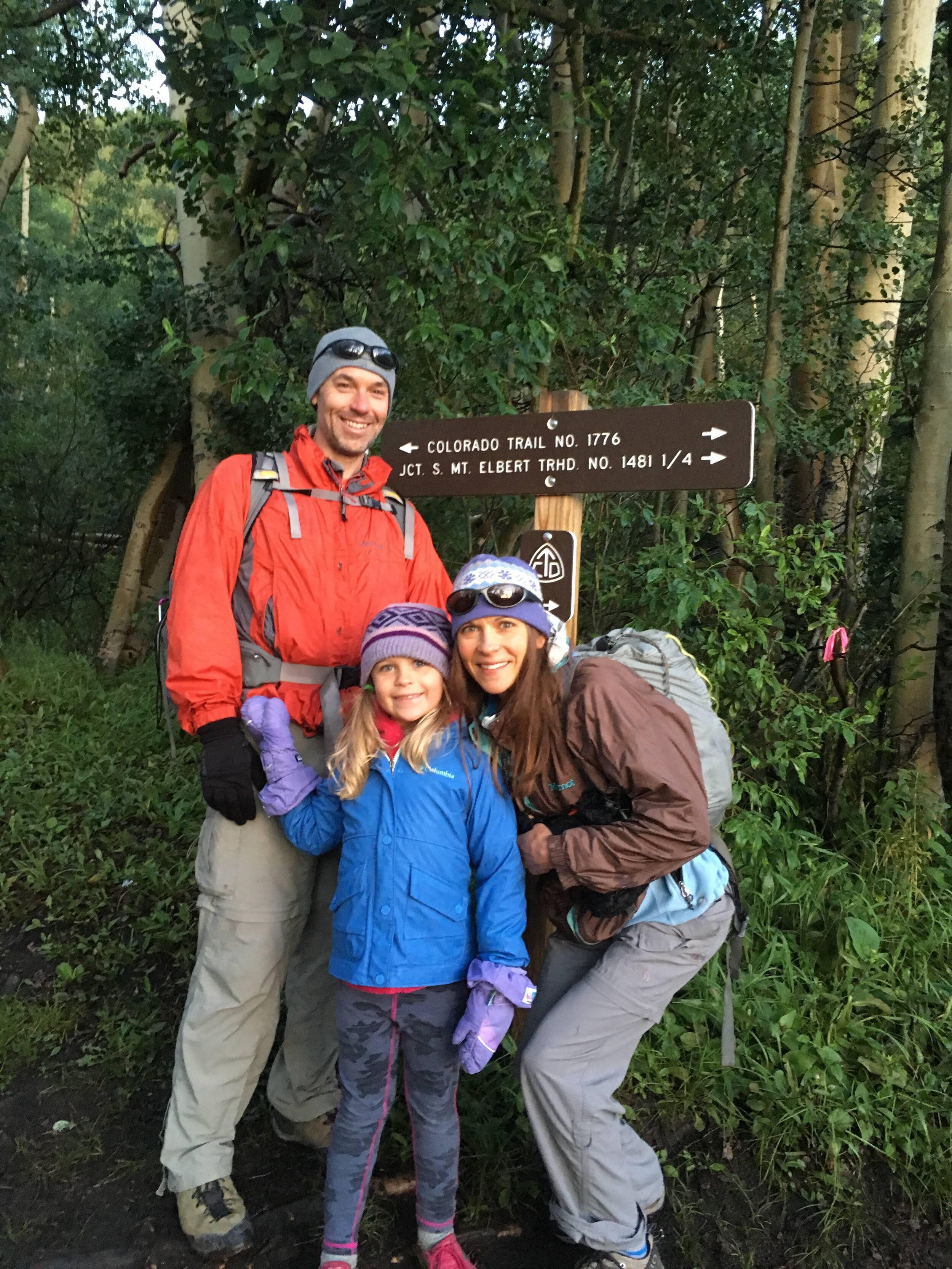Author Erica Keswin returns to the Financial Grownup podcast to discuss her new book Rituals Roadmap: The Human Way to Transform Everyday Routines Into Workplace Magic. Erica shares specific, free and low cost ways to use rituals to improve productivity, increase a sense of safety and belonging, as well as purpose both for work and for life.
Tip #1:
Begin and end with intention. Beginnings and endings are prime rituals real estate. So be aware of how you start and end your day, and do something that makes you feel most like you.
Tip #2:
Take breaks. We need to build in rituals to actually get up and move.
Tip #3:
Make sure that you're staying connected. We are all feeling isolated and lonely and we're really wired for connection. This may look like scheduling a phone call with a friend. We can build that ritual in once a week or once a month for us to stay connected.
Tip #4:
Give back. If there's ever a time to building a ritual around gratitude, it's 2021. I do believe it's something that many of us started in 2020 that we need to really focus on. There's a lot of data around the impact of gratitude on performance and how we feel in general.
Tip #5:
Build in some rituals to have fun. These days can feel long and heavy and just because it's 2021, that doesn’t mean the pandemic went away. So we need to build in some time for fun, some time for silliness and not feel guilty about it.
Get Erica’s new book, Rituals Roadmap, here
Get all of Erica’s books here
Full Show Transcript:
Bobbi Rebell :
Part of being a financial grownup is making sure you have a plan for how you spend your money, and how you pay your bills. And now we have a new tool for that. It is called Splitit. It will take a lot of the stress away from those big purchases and really allow you to plan ahead. Here's how it works. You shop online and when you're ready to pay, you just choose Splitit at the checkout to split your payment on your credit card and pay over time. There's no interest, no application, no fees. It is fast and easy.
Bobbi Rebell :
So, if you buy something for $500, you can split it into five smaller payments of $100 a month without any interest or fees, much more manageable, and you're in control of your costs. By turning your payments into smaller installments over time with no interest, Splitit gives you more spending power. I know, I don't like to have to pay interest if I can avoid it. And I also don't want to always be opening new lines of credit. Split your payments and live big with the credit cards you already have. Go to splitit.com today. That's splitit.com.
Bobbi Rebell :
Financial Grownup Guide. Five ways to use the power of rituals for a fresh start in 2021 with author Erica Keswin. You're listening to Financial Grownup with me, certified financial planner, Bobbi Rebell. Author of How to Be a Financial Grownup. But you know what? Being a grownup is really hard, especially when it comes to money. But it's okay, we're going to get there together. I'm going to bring you one money story from a financial grownup, one lesson, and then my take on how you can make it your own. We got this.
Bobbi Rebell :
Okay, my friends, if ever there was a time we really need to find ways to cope with chaos, total chaos, things we never thought could possibly happen, it is now. And so the timing could not be better to bring back my friend, Erica Keswin to give us some really powerful ways to use rituals, to help get a fresh start and really a better sense of control as we move into 2021, which so far has not been as boring as many of us had hoped it would be.
Bobbi Rebell :
Here in the Financial Grownup podcast we have two formats, one in which we share money stories and the lessons from those stories, but sometimes we like to mix things up. And we have something called Financial Grownup Guides, which focus on tips and strategies for you to live your best financial grownup life. And as Erica shared with me the details of her latest book, it was perfect for that. And even more so, given the events of early 2021.
Bobbi Rebell :
Rituals Roadmap: The Human Way to Transform Everyday Routines Into Workplace Magic, got me thinking about the rituals I already have and brainstorming new ones to try out. And spoiler alert, not just for the workplace. Now, before I roll the interview, I also to invite everyone to join the Grownup List. We have amazing giveaways coming, including free books from our financial grownup authors. We're also building out some grownup merch, but it's not yet available for sale. You can only get it if you were on the Grownup List and win. Go to my website, bobbirebell.com to get on the List for free. We'll also leave a link in the show notes, and when you get the next newsletter, you will learn how to win the prizes.
Bobbi Rebell :
Speaking of show notes, don't feel you need to take notes on all of the great Intel Erica is going to share. We'll have it all for you in those show notes, which are available under the financial grownup dropdown again, on my website. Okay. I'm really excited for you guys to hear the interview here is Erica Keswin giving us some highlights of Rituals Roadmap. Erica, thanks for coming back to the Financial Grownup Podcast.
Erica Keswin :
Thank you for having me.
Bobbi Rebell :
Big congratulations on your next bestseller, Rituals Roadmap: The Human Way to Transform Everyday Routines into Workplace Magic. You're going to be giving us five ways to use the power of rituals for a fresh start in 2021. But before we get there, first of all, tell us about the book a little bit. And then I'm going to ask you a couple of quick questions.
Erica Keswin :
Sure. I had a book in 2018 as you know because it was on your show called Bring Your Human to Work. And one of the things I realized after it came out that rituals are a tool to create a more human workplace, and to feel more connected. And I know we'll get into some of that. We can use rituals at home. We can use them at work. Right now, working home are pretty much the same thing, so they're even more important. But rituals are very accessible and there's something that we can all use in our lives. And one of the things I found over the last nine months is that they really do help us during turbulent times, especially now.
Bobbi Rebell :
Especially now, and as much as we turn the page and we're now in 2021, the reality is 2021 is likely to be full of so many surprises just as 2020 was. I want to quickly ask you a couple questions about the book and some things that you say in there that I think are particularly relevant to Financial Grownups. The first one is you say in there, the cost of rituals is minimal, but their value is priceless.
Erica Keswin :
Yes. When I started studying rituals, I came up with an equation called the three Ps. The three Ps of rituals. Rituals give us a sense of psychological safety and belonging. They give us an opportunity to connect to purpose. And if you add those two together, it equals performance. And so when I think about performance, it could be that rituals impact how our team feels more connected. It could be bottom line performance, but also performance in our personal lives, that when we have rituals in our lives, our cortisol, our stress goes down, our oxytocin, our feel good hormone goes up. We're more engaged at work. We're more engaged in life. And the book has tons of different studies and science and stories of how rituals impact our lives in really positive ways.
Bobbi Rebell :
And one thing I really enjoyed about the book is that there were a lot of specific examples of that. That we can sort of emulate in our own lives. You call rituals magic, expand a little bit on that.
Erica Keswin :
So people will say, "Well, what is a ritual?" To me, a great example is, if I'm lighting a candle, that may or may not be a ritual. If I'm sitting here lighting a candle because my lights went out, I'm just lighting a candle because I need light. A ritual is something that goes beyond its practical purpose. So if I light a candle every Friday at five o'clock to signify the transition from the workweek to the weekend, I'm almost elevating that act of lighting a candle.
Erica Keswin :
And again, it's not to give me light per se, but it does give me a sense of meaning and connection to myself and to what's going on around me. So that's really that magical element of bringing awareness and intention to what we do.
Bobbi Rebell :
And it's different from something like habits.
Erica Keswin :
Yes. I mean, I believe so. A ritual is something that if you missed it for a day or for a week, something would feel really, really off in your life. It could be if you meditate every morning, for me during the pandemic, we started quarantining on a Thursday I believe, and the following Tuesday I said, "You know what? Our family ritual is to have taco Tuesday, I'm going to do it." I saw the look on it, and my kids are older, they're they're teenagers, but the look on their faces and they were able to smell the same smell and the things that we did pre pandemic. And I was able to see firsthand the impact of maintaining some of those rituals, and how it gave them a sense of psychological safety and belonging.
Erica Keswin :
And rituals also create some order out of chaos. And so I think for everyone now, we need to think about how do we maintain some of our old rituals, but also think about, given that things are so different right now, what are new rituals that we also can add to our lives.
Bobbi Rebell :
Which leads us to the five ways to use the power of rituals for a fresh start in 2021 that you have brought to us.
Erica Keswin :
Great. Begin and end with intention. Beginnings and endings are what I call prime rituals real estate. So be aware of how you start your day, and do something that makes you feel most like you. It could be meditation, taking a few deep breaths or having coffee at Starbucks, which is as many people know my favorite ritual. So that's a really important place to start. It also could be how you end the day. It could be how you transition from work to home, especially when we're all doing that in basically one room. So, transition rituals are important as well.
Erica Keswin : Number two is take breaks. For me if I learned anything in 2020, it's that it's really hard to be in front of your computer all day. And so we need to build in rituals to actually get up and move. And a really fun ritual a woman just share with me recently, she calls 20 by 20 by 20. Every 20 minutes, she takes a 22nd break, 20 feet from her computer-
Bobbi Rebell : Oh I love that.
Erica Keswin :
... and stretches. And again, it's not a box check. It's this elevation of, I know this is important, it's giving me a moment, 20 seconds to connect to something outside of myself. So something that your listeners can try.
Bobbi Rebell :
Yeah. And I think that you wouldn't do that if you didn't have the ritual, because you would feel like if you were taking a break, you are interrupting your workflow and it's not going to help your productivity. But if you have it as a ritual, then that becomes something that you don't feel guilty about. In fact, you know that it's going to empower you to do better the rest of the way.
Erica Keswin :
Exactly. And it's something that you're looking forward to. And it would all of a sudden feel weird if all of a sudden three hours went by and you hadn't gotten up to do it.
Erica Keswin :
Number three is to make sure that you're staying connected. Whether you live alone or living with five other people as I'm doing right now, we are all feeling isolated and lonely and we're really wired for connection. And so, one of the things I've been doing as part of my rituals is to say, "I am going to reach out to some friends and check-in, schedule those phone calls. I have one friend where, and this is actually how you and I met the first time we went for a walk around the reservoir in New York, so maybe when we're both back in New York, we can build that ritual in, you know, once a week or once a month for us to stay connected.
Erica Keswin :
But it's been really nice to get off of Zoom, outside in nature with a friend on a regular time, you know, once a week. So staying connected is number three. Number four is giving back. And I do think that if there's ever a time to building a ritual around gratitude, it's 2021. And that could be anything from coming together with your kids and talking about what you're grateful for, figuring out how you want to give back as a family, you know, the beginning of quarantine, living in New York city, checking in an elderly neighbor, dropping off groceries, I do believe it's something that many of us started in 2020 that we need to really focus on. And there's a lot of data around the impact of gratitude on performance and how we feel in general.
Bobbi Rebell :
And part of a ritual can be involving your entire family.
Erica Keswin :
Yes, 100%. And the kids need to, and they want to. Once they get into it and see the impact on how they feel. I mean, I know we both have seen that firsthand. And last and definitely not least, I'm trying to build in some rituals to have fun. These days can feel long and heavy, and as you said in the beginning, just because it's now on the calendar 2021, it's not as if the pandemic went away. I mean, some people woke up depressing, wow, it's 2021 and things still feel the same. And so we need to build in some time for fun, some time for silliness and not feel guilty about it.
Erica Keswin :
You and I have a mutual friend in Randi Zuckerberg, and she shared with me that on Fridays, and she has little kids, so I think that this connects with the under 10 set, but her family has dessert before dinner on Fridays. And they all think it's like the most hilarious thing.
Bobbi Rebell :
Oh, I think any family will go for that. I think kids of all ages will be on board with that ritual.
Erica Keswin :
You know, or on the company side I've worked, spoke with a group at LinkedIn that has a one-minute dance party every day at three o'clock and they just get up and they let loose, they did it in person, you can do it remote. But again, we need-
Bobbi Rebell :
Erica, I want to see you get your twin daughters to do the one minute dance ritual every day at three o'clock. I think that'd be great.
Erica Keswin :
They would, they probably would want me to film it and put it on my social media, which I have to get special permission to do now. But what we do to have fun is every Monday, our entire family, my husband, my 15 year old son and my dog, we all watch the Bachelor. That is our guilty pleasure. We laugh so hard and we are actually this year doing a bracket like a final four bracket-
Bobbi Rebell : Oh my gosh.
Erica Keswin :
... of the Bachelor.
Bobbi Rebell : I love it.
Erica Keswin :
but be intentional and build in some rituals for fun because we all need it, and it's contagious.
Bobbi Rebell :
Well, there're a lot of great ideas and specific examples in your book. So everyone should check it out. Where can people learn more about you? And I assume the book is going to be available pretty much everywhere.
Erica Keswin :
So you can find me, my email is my name, ericakeswin.com, which is K-E-S as in Sam W-I-N.com. You can sign up for my monthly-ish newsletter to hear more about the book. On the website, there's lots of places, as you said, to order the book from Amazon to Barnes & Noble to the Strand, I'm trying to support local bookstores. And I really do believe that rituals now more than ever can help us through these turbulent times. They don't have to cost a penny, but the impact is priceless
Bobbi Rebell :
Very well said. Thank you so much.
Erica Keswin :
Thanks, Bobby. I can't wait to see you in person.
Bobbi Rebell :
All right my friends. What was your favorite ritual that Erica talked about? For me, definitely dessert before dinner. But most of you guys would guess that pretty quickly. Taco Tuesday though, definitely a classic we can all go for. I would love to hear from you. DM me on Instagram @bobbirebell1 or on Twitter @bobbirebell, let me know what rituals you and your family and your coworkers use. A lot of the stuff is for work, but frankly, work and home is kind of the same thing these days.
Bobbi Rebell :
Anyway, I'm also really excited about the changes that we're making to the Grownup List. It's going to be coming out pretty reliably I hope, that's the plan once a month. And I want you guys to join ASAP by going to my website, bobbirebell.com because we are going to be doing a lot of giveaways, including author books like Erica's. We're going to be giving away a number of signed copies of that. And also other authors that are appearing on the show. We have a lot of really amazing ones.
Bobbi Rebell :
And as I mentioned at the top of the show, we are developing some merchandise and some really cool stuff that we are going to give away at first, because we're still setting up the store and we want to see what you guys like and get some feedback. So you can be our beta testers and win some free merch. Just get on the Grownup List again at my website. And of course, don't forget to pick up a copy of Erica Keswin's book, Rituals Roadmap. And if you like it, recommend it to friends. We could all use some calming rituals right now. And of course, big thanks to other Erica Keswin for helping us all be financial grownups.
Bobbi Rebell :
Financial Grownup with Bobbi Rebell is edited and produced by Steve Stewart and is a BRK media production.
Episode Links:
Erica’s website - https://ericakeswin.com/
Follow Erica!
Instagram - @ericakeswin
Twitter - @erica_keswin
LinkedIn - @ericakeswin
Follow Bobbi!
Instagram - @bobbirebell1
Twitter- @bobbirebell
Website- http://www.bobbirebell.com/
Some of the links in this post are affiliate links. This means if you click on the link and purchase the item, I will receive an affiliate commission at no extra cost to you. All opinions remain my own.



